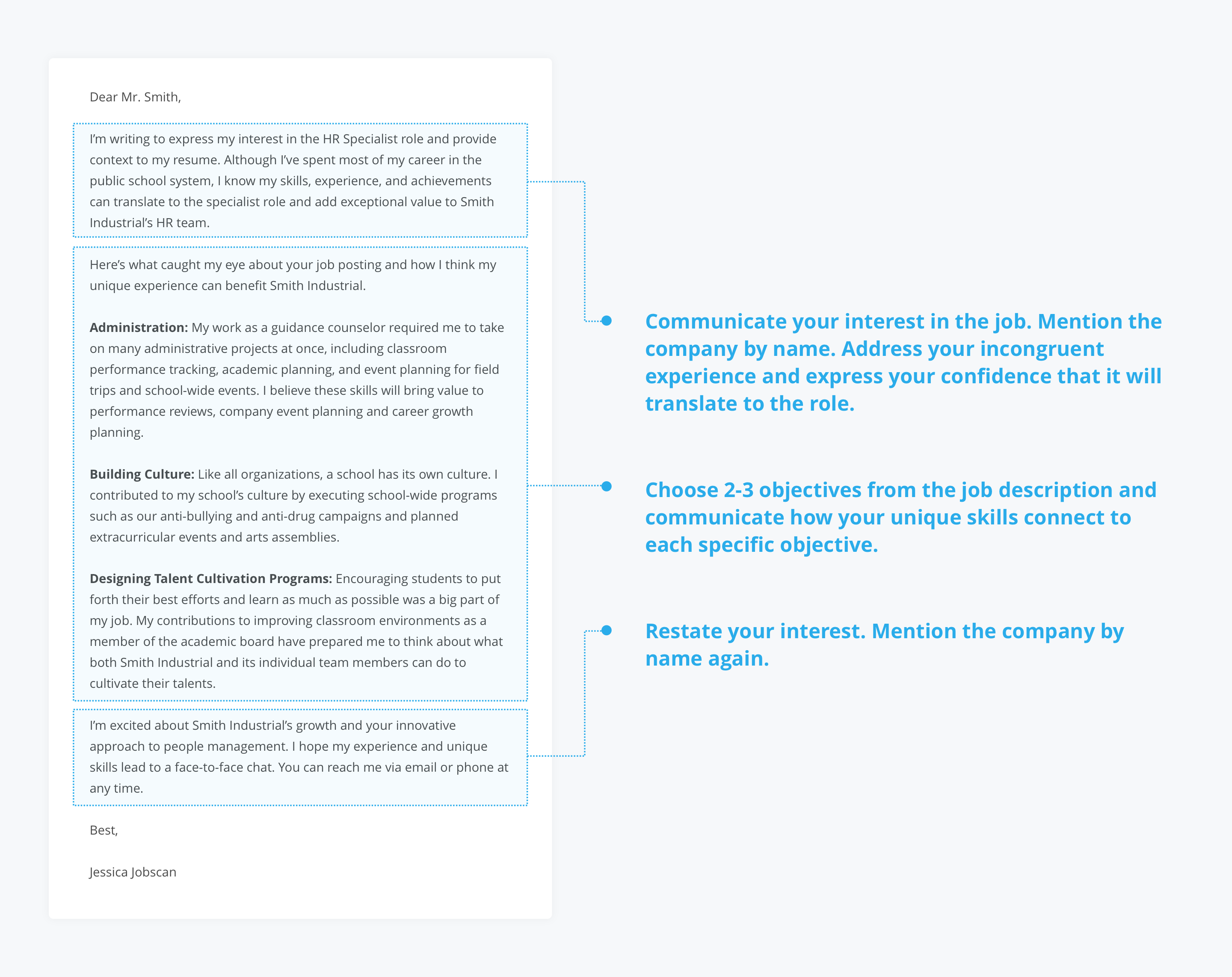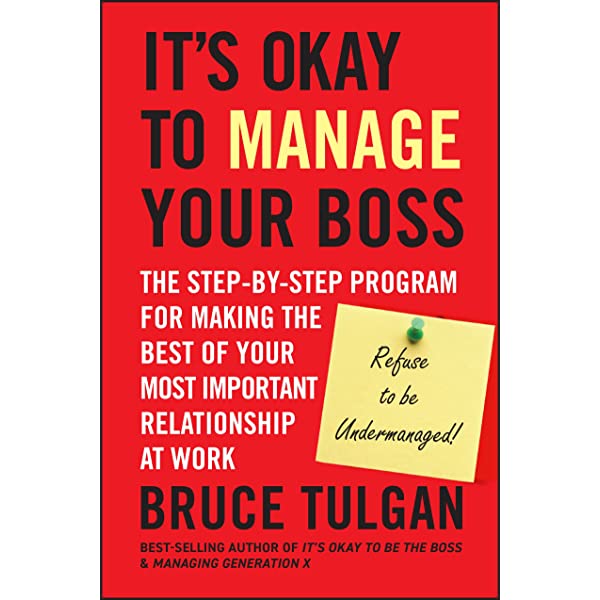
A careers advisor is a person who helps to understand the various career options available. They help clients make decisions about their futures and prepare CVs and applications forms. Many career advisors have knowledge in different industries, which can be used to help clients. Here are some things a career adviser should know:
Clients are guided by career advisors to find the right career path.
Career advisers are there to help individuals discover the best career paths for them. They can provide advice based upon the client's aptitudes and interests. They can also administer aptitude tests to match clients' skills with career opportunities. Clients can be guided through the selection process and help with resume writing.
Career counselors assess clients' career knowledge and preparation using a variety informal inventories and assessment instruments. Clients can gain a better understanding about their abilities, values, and interests. They can also assist clients in exploring different professions, as well as their potential salary ranges and education requirements. The client is able to make an informed choice about the career that best suits them.
They offer information about available opportunities
Career advisors provide information about career opportunities in various industries. The role of a career advisor is to support both employers and employees in identifying their abilities and talents. Career advisors help employees decide the best career choice for them. They also can guide them to the most appropriate courses or programs. These programs and courses are designed to enhance the performance of an employee in their current job or prepare them well for future roles.

There are many ways to contact a careers adviser, such as telephone, online web chat, email, and in-person appointments. Contacting a careers adviser is confidential, and a privacy notice is available for those who wish to use this service.
They help with CVs
Ask a career advisor for assistance if you are unsure of how to create a CV. The basic components of a CV are your contact information and education. Your research interests, publications, presentations, and research may be included in your CV. Your CV should be in reverse chronological order. The most important information should appear on the first few pages. Standard CV sections include your name and contact information, education, honors and awards, work experience, research experience, and teaching experience. Other sections may include your extracurricular activities and computer skills.
Your CV should be tailored to the position or company you're applying for. You should identify the areas you excel at and highlight these in the best way. Also, try to use job profiles to understand what type of tasks and responsibilities you'd like to do. Multiple CVs are helpful if you are applying for multiple jobs. Use different headings in these situations. Make sure to highlight the most important points and emphasize them throughout the document.
They help with application forms
A careers advisor can provide a wealth of information about how to fill out application forms. It is important to first read the form carefully and make notes. Once you've read the form, print it out and type in your responses. You can also copy specific questions to a blank document and type your answers there. This is helpful if you need to answer multiple questions on the application.
A careers advisor can provide information on specific career options, assist you in filling out application forms and offer tips for interviewing. They can help you apply for any job, apprenticeship, or college course. They can be reached directly. Their Oldham office is at 80 Union Street.

They conduct interviews
Career advisors interview students to help them choose a career path. Many of these professionals are highly skilled interviewers who are sensitive to the fact that many young people don't know what direction to go. They provide guidance to students on broad options such as what academic subjects they are interested in and work experience. Career advisers are also a good resource for parents looking to provide their child with information and advice.
An interviewer will ask students questions about their educational background and education in order to decide if the student is right for the career. If they are studying for a Master's, they might ask about their experiences in similar fields. The client may also ask if they have any experience in psychology.